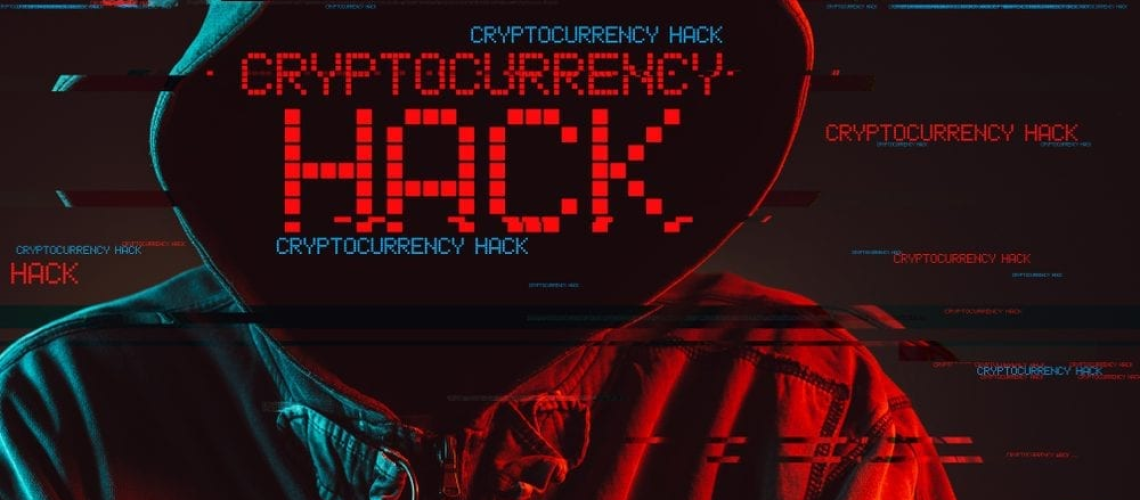
Interest in cryptocurrencies has exploded in 2020, amid the coronavirus outbreak. According to Forbes, major crypto coins have seen a boom since August 2020. The cryptocurrency market has grown from 200 billion dollars in 2020 to over 1.5 trillion dollars in 2021.
However, the crypto frenzy has brought with it a slew of issues. According to Imperva, bitcoin exchanges have become a popular target for distributed denial of service (DDoS) assaults.
Numerous hacks and thefts on crypto exchanges and wallets have been reported since its inception in 2009. In recent years, a number of high-profile crypto exchanges around the world (Binance, Cryptopia, Altsbit, etc) have fallen victim to cyber attacks in which hackers gained access to internal networks and emptied users’ crypto wallets. In total, $292,665,886 worth of cryptocurrency and 510,000 user logins were stolen from crypto exchanges in 2019, according to CoinTelegraph.
Wallet security flaws are just one of the numerous serious security challenges and threats that cryptocurrencies face.
The spate of crypto theft can be attributed to hot wallets, which most crypto exchanges use. Hot wallets are more vulnerable to hacking and theft than cold storage solutions as they are connected to the internet. If a hacker obtained access to your computer or smartphone, he or she might be able to drain your hot wallet by acquiring the private key.
Cold wallets, on the other hand, are not publicly accessible, making them more secure for long-term storage of cryptocurrency. Cold wallets, or hardware wallets, do not require an internet connection to access the user’s cryptocurrency funds. Nobody can access the cryptocurrencies except a specific hardware device and its backup seed phrase, hence reducing some of the security risks associated with hot wallets.
However, cold wallets are not truly secure as they need to eventually send and transfer funds via the internet. This is when they can be hacked and be infected with malware. Moreover, it requires some technical know-how to operate a hardware wallet and it is still vulnerable to theft, misplacement and damage.
For many, the crypto world is full of promises and potential for massive wealth. For others, it’s a dark place full of hacks, malware, and other dangers.
While there are risks inherent in investing cryptocurrency, knowing how to invest wisely can help mitigate those risks. Here are some tips:
The bottom line is that for a cryptocurrency to reach its full potential, it should preserve anonymity and privacy with the security of accounts and assets.
UKISS is now taking a step towards protecting users against phishing and account hackings while maintaining privacy and convenience with our upcoming next-gen hardware wallet. It’s time to take full control of your digital assets! UKISS is founded on the principle that everyone should have a peace of mind over their digital assets and data. No more worries about your cryptocurrency getting hacked or stolen.
Stay tuned to the official release of our next-gen crypto wallet.